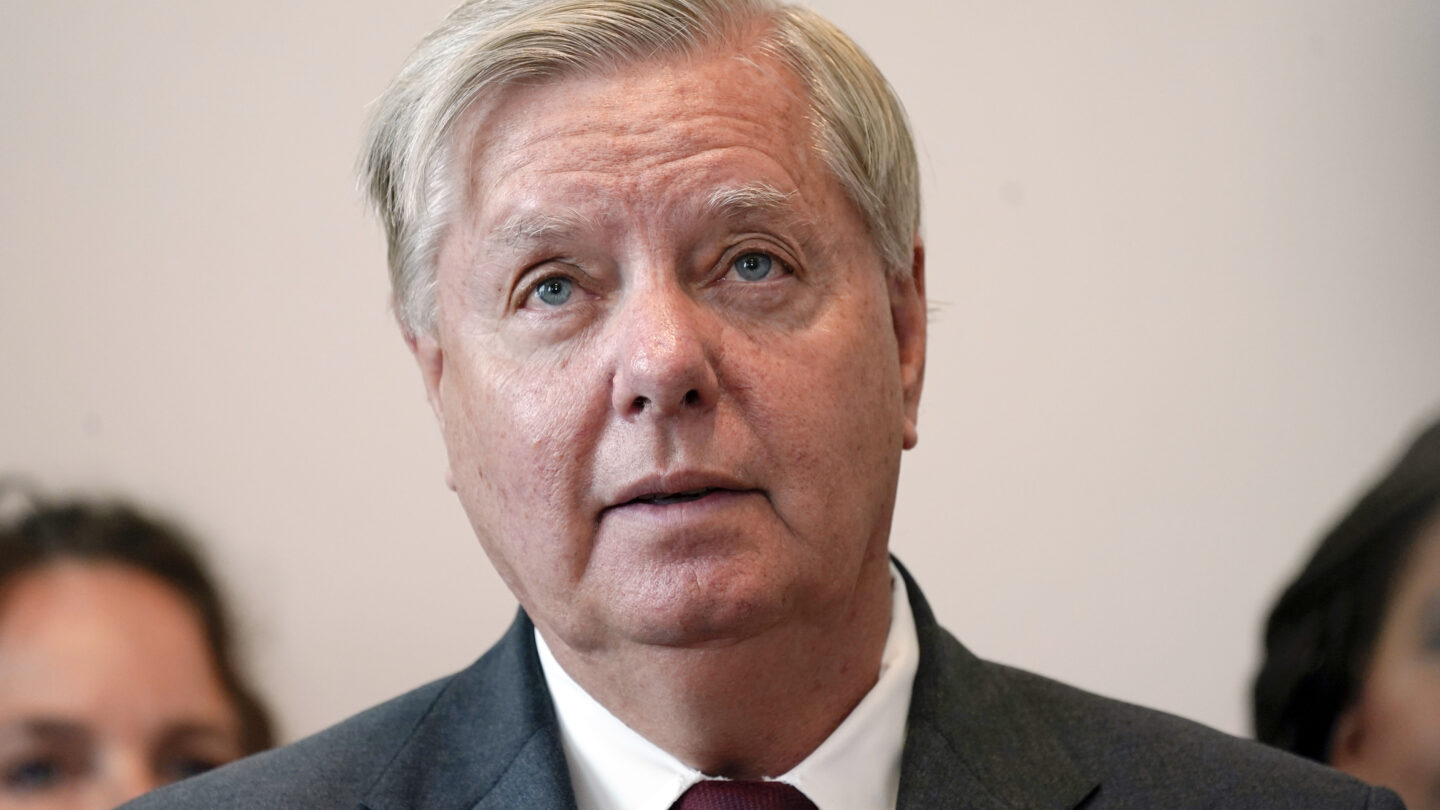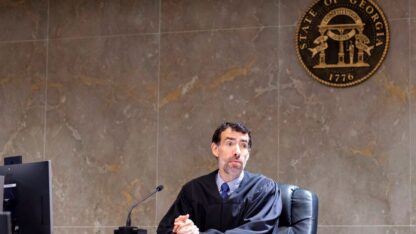Thomas temporarily blocks Graham testimony in Georgia

Supreme Court Justice Clarence Thomas on Monday temporarily blocked Sen. Lindsey Graham’s testimony to a special grand jury investigating whether then-President Donald Trump and others illegally tried to influence the 2020 election in the state.
Thomas’ order is intended to prevent Fani Willis, Fulton County district attorney, from compelling Graham to testify while the Supreme Court weighs the senator’s request for a lengthier halt to the proceedings.
Willis has a deadline Thursday to tell the high court why Graham should have to answer the grand jury’s questions. Lower courts have ruled that his testimony can take place.
Thomas acted on his own, as the justice who handles emergency appeals from Georgia.
As was reported by AP last week, Thomas has previously come under scrutiny for his vote in a different Trump documents case, in which he was the only member of the court to vote against allowing the House committee investigating the Jan. 6, 2021, Capitol riot to obtain Trump records held by the National Archives and Records Administration.
Graham, a four-term senator who last won reelection in 2020, was first subpoenaed in July by Fulton County District Attorney Fani Willis, who opened her investigation shortly after a recording of a January 2021 phone call between Trump and Georgia Secretary of State Brad Raffensperger was made public. In that call, Trump suggested Raffensperger could “find” the votes needed to overturn his narrow loss to Democrat Joe Biden.
Willis wants to question Graham about two phone calls he made to Raffensperger and his staff in the weeks after the election.
During those calls, Graham asked about “reexamining certain absentee ballots cast in Georgia in order to explore the possibility of a more favorable outcome for former President Donald Trump,” Willis wrote in a petition seeking to compel his testimony.
Graham also “made reference to allegations of widespread voter fraud in the November 2020 election in Georgia, consistent with public statements made by known affiliates of the Trump Campaign,” she wrote. She said in a hearing last month that Graham may be able to provide insight into the extent of any coordinated efforts to influence the results.
Graham challenged his subpoena in federal court, but a judge refused to toss it out. Graham then appealed to the 11th U.S. Circuit Court of Appeals, and a three-judge panel ruled Thursday in favor of Willis. Graham can appeal to the full court.
Graham’s lawyers argued that the Constitution’s speech or debate clause, which protects members of Congress from having to answer questions about legislative activity, shields him from having to testify.
This is a developing story and will be updated accordingly.








